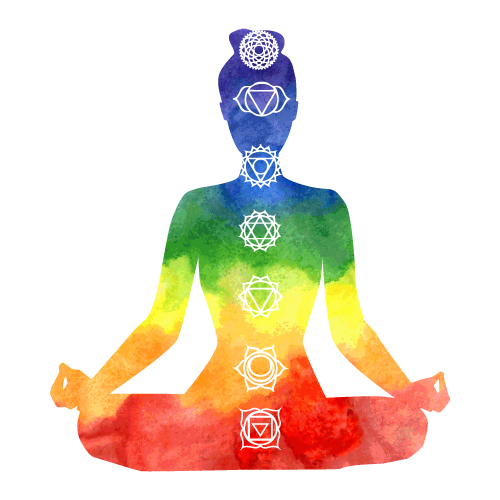How Ayurveda Works
The Ayurvedic wisdom comprises a sequence of systems, categorised by equilibrium and disorder, well-being and ailment. To stay and be healthy, harmony must pertain between the healing purpose, thoughts, frame of mind or feelings and the physical action.
Ayurveda is a combination of six crucial Indian philosophical classifications, several physical/behavioural sciences, and the medical arts. One extract from an ancient text reveals that Ayurveda delves in what is good life and bad life, the contentment and unhappiness. It works in a way to restore and heal the ailment and to prevent the disease from coming back, in order to promote a quality life. Health is a state of physical, mental, social, emotional and spiritual well-being. Any changes in the physical, mental, social or emotional status of the human being leads to discomfort and further leading into serious conditions. The human body has the capacity to heal and cure itself, but as the time progresses, due to personal habits, age factor or environmental factors the body loses the ability/capacity to heal. In such conditions the body gives signals in the form of symptoms of the disease, but when these symptoms are ignored the disease progresses into chronic condition. It becomes crucial to maintain the equilibrium of the three governing principles within the body, the seven tissues and 42 organs. Ayurveda evaluates each of these through the pulse diagnosis.
